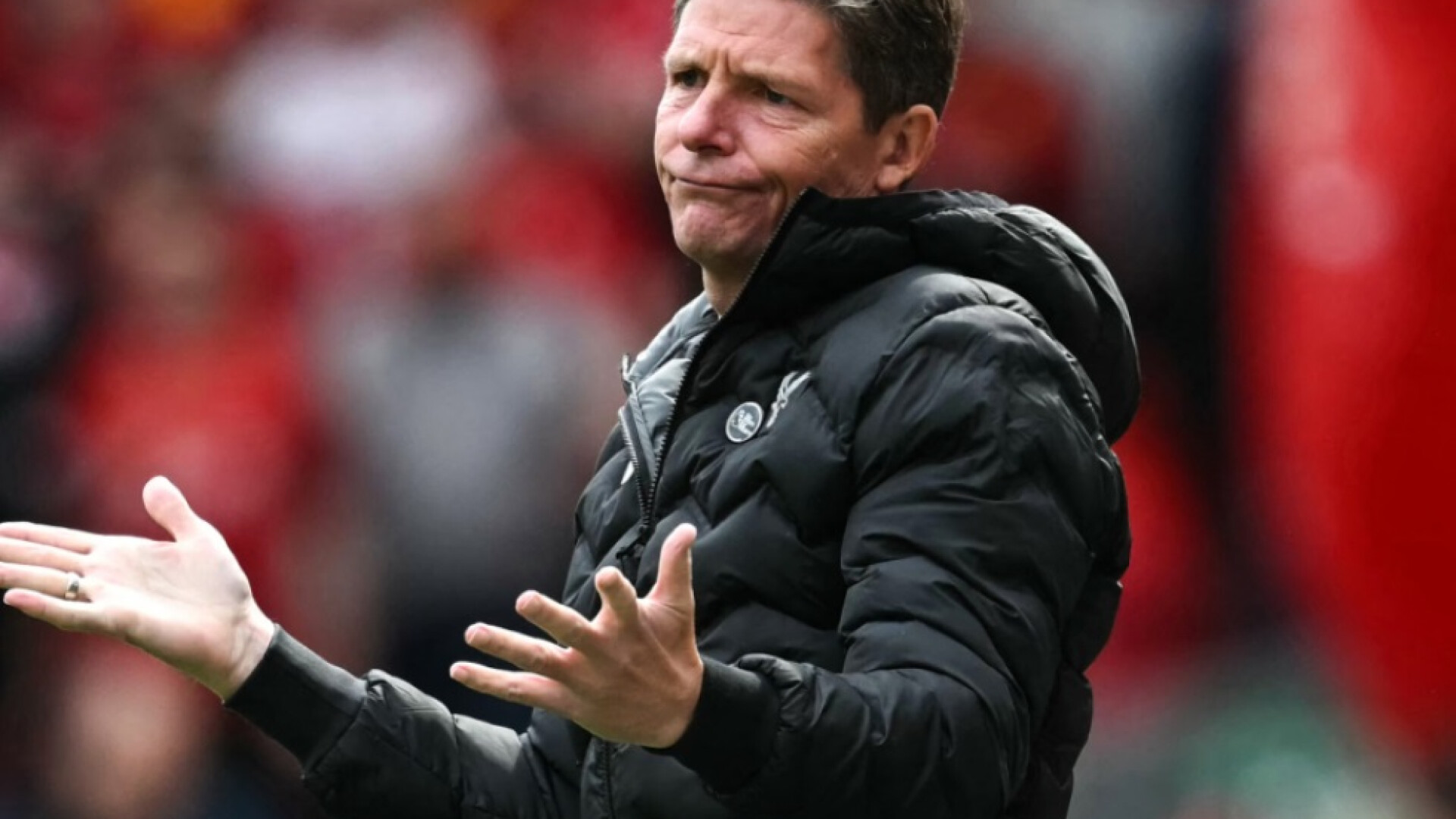
Introduction: The Rise of Glasner’s Football Philosophy
Oliver Glasner has emerged as one of the most innovative coaches in European football, notably gaining prominence in the Bundesliga and on the international stage. His strategic approach and ability to adapt tactics to fit the players at his disposal have not only brought success to the teams he manages but have also sparked discussions around modern footballing tactics. Understanding Glasner’s methodologies is crucial for fans and analysts alike, as they offer insights into the evolving nature of the game.
Glasner’s Background and Journey
Born in Salzburg, Austria, Glasner began his managerial career with several lower-league teams before taking over at the helm of LASK Linz in 2015. It was here that he first showcased his tactical nous, leading LASK to impressive performances in the Austrian Bundesliga. His success caught the attention of Eintracht Frankfurt, where he has continued to revolutionise their play style since taking the reins in 2021.
Tactical Style and Innovations
Glasner is known for his fluid and adaptable tactical style. His teams often exhibit a blend of high pressing and organised defensive structures, enabling them to win the ball back quickly and counter-attack effectively. One hallmark of Glasner’s philosophy is the ability to engineer space in tight areas, facilitating quick transitions and dynamic attacking movements.
At Eintracht Frankfurt, Glasner has emphasised a system that thrives on versatility. Players are expected to occupy multiple positions during play, allowing for unexpected shifts and maintaining offensive pressure. This adaptability was evident in their Europa League campaign, where they successfully navigated through formidable opponents to claim the title in 2022.
The Significance for the Bundesliga and Beyond
Glasner’s influence is not just limited to his immediate teams; it echoes across the Bundesliga and European football. Analysts laud his blend of traditional tactics with modern football philosophies, which could inspire a generation of coaches. His success with Frankfurt exemplifies how an adaptable approach can yield significant results, encouraging teams to move beyond rigid formations.
Conclusion: The Future of Glasner’s Tactical Influence
As Glasner continues his managerial career, his evolving tactics are certainly set to influence the approach of many clubs in European football. With a focus on dynamism, flexibility, and intelligent gameplay, Glasner’s methodology represents a forward-thinking framework for emerging football coaches. Fans and analysts should pay close attention to his journey, as it is likely to shape discussions around tactical innovations for years to come.
You may also like

Cardiff City vs AFC Wimbledon: Key Insights and Match Preview

Jack Willis: The Rising Star of English Rugby

The Rise of Harvey Elliott in Football
SEARCH
LAST NEWS
- Remembering Wendy Richard: The Promise to Co-Star Natalie Cassidy
- How Did Anglian Water Achieve an ‘Essentials’ Rating for Mental Health Accessibility?
- Shai Hope Leads West Indies in T20 World Cup Clash Against South Africa
- What We Know About Weston McKennie: Future at Juventus and Past at Leeds
- What We Know About the Upcoming Live Nation Antitrust Trial